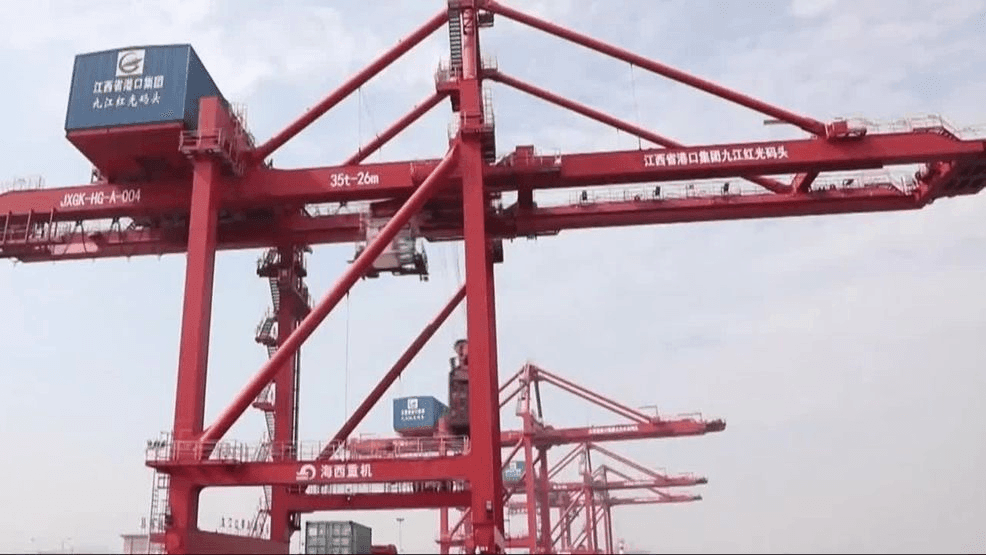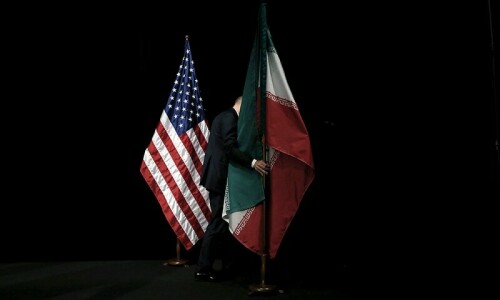WORLD NEWS

President Donald Trump has announced sweeping new tariffs, escalating the ongoing trade war with global partners. The president declared "Liberation Day" in the U.S. as part of a move to impose duties that threaten to increase costs globally and disrupt long-established trade practices. The announcement is expected to have a profound impact on global markets, with countries bracing for retaliatory actions.
Details of the Tariffs Remain Unclear
While the full details of the new tariffs were not disclosed before Trump’s Rose Garden announcement, several reports indicate that the president is considering a 20% universal tariff on imports. These tariffs are set to take effect immediately following Trump’s announcement, with a separate 25% global tariff on auto imports scheduled for implementation on April 3, 2025.
Trump’s announcement of the new duties comes amid rising concerns that global partners will retaliate, further escalating tensions. The U.S. president has positioned this move as a reciprocal action to equalize tariffs and counter non-tariff barriers that he claims disadvantage American exports.
Global Impact and Criticism
European Central Bank President Christine Lagarde warned that the tariffs would have negative repercussions worldwide. “It will be negative the world over, and the density and durability of the impact will vary depending on the scope and the products targeted,” Lagarde said, highlighting the uncertain long-term effects.
With tariffs on a wide range of goods, the world economy faces further instability. Stocks retreated across global markets, and investors flocked to safer assets, such as gold, which held near record highs. Steve Sosnick, chief strategist at Interactive Brokers, remarked, “I can’t recall a situation where the stakes were this high and yet the outcome was so unpredictable.”
As the world waits for specifics, businesses across sectors—from automobiles to luxury goods—are left in limbo, unsure how the tariffs will impact their operations. Peter Sand, chief analyst at Xeneta, a freight pricing platform, expressed frustration, stating, “You cannot make important decisions on your supply chain when the rules of the game keep changing.”
Global Responses and Retaliation
Several international leaders, including Italian Prime Minister Giorgia Meloni and French officials, have criticized the new tariffs, warning of severe consequences for their respective economies. Meloni cautioned that the tariffs would harm both Italian companies and American consumers, stressing the importance of avoiding a full-fledged trade war.
In France, authorities have projected that tariffs could range between 20-25%. Similarly, Canada, Mexico, and Australia have pledged to respond with countermeasures. Prime Minister Anthony Albanese of Australia and Canadian leaders, including Prime Minister Mark Carney, expressed their intention to challenge the tariffs, especially those targeting specific goods like Australian beef.
Trump’s Domestic Economic Arguments
Trump has framed these tariffs as part of his broader strategy to rectify what he views as unfair global trade practices. He has repeatedly argued that American workers and manufacturers have suffered due to free-trade agreements that have opened the U.S. market to a flood of imported goods, contributing to a $1.2 trillion goods trade deficit.
However, critics argue that the tariffs could result in substantial costs for U.S. consumers, with estimates from Yale University suggesting that a 20% tariff on top of existing duties could cost the average U.S. household an additional $3,400 per year.
The Road Ahead
As Trump’s tariff plan unfolds, uncertainty looms large for the global economy. The possibility of retaliatory tariffs and disruptions to international supply chains could cause further economic instability. The U.S. dollar firmed slightly as investors awaited more details, but global markets are watching closely for any signs of negotiation or potential de-escalation.
Conclusion
The new tariffs proposed by President Trump represent a significant escalation in the U.S. trade war and have the potential to disrupt global markets. As tensions rise and retaliatory actions are expected, the future of global trade hangs in the balance.




